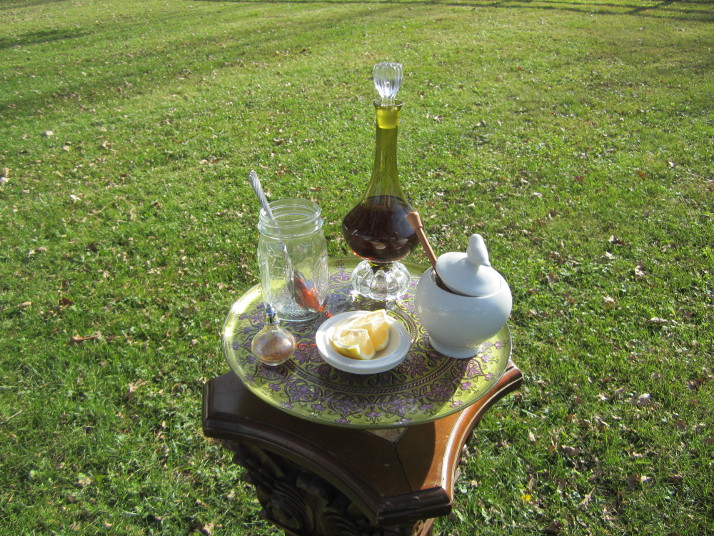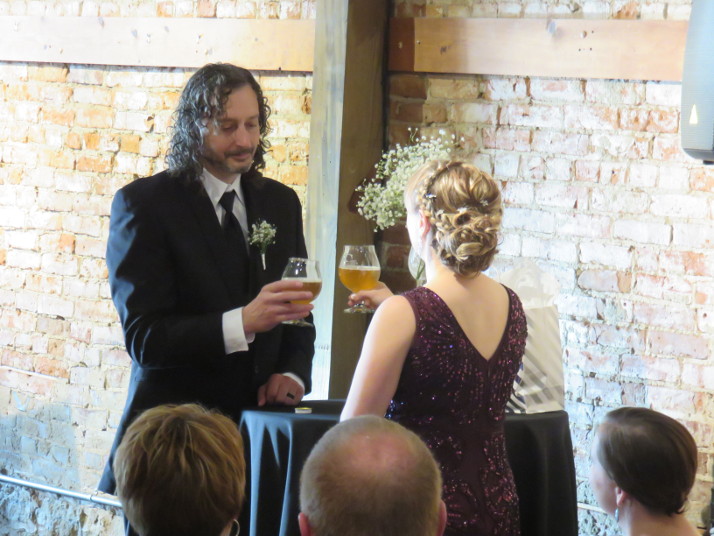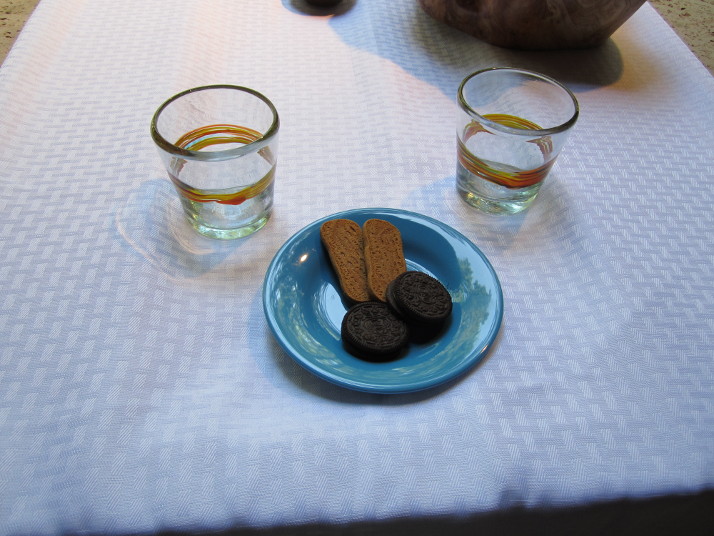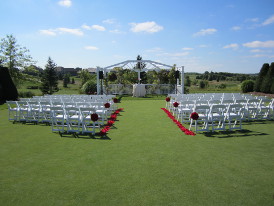Involving Others in Your Ceremony
Involving others in your ceremony is a great way to share your happiness on your wedding day. This is the day when you voice your promises to each other in front of family and friends. It is a community event, and including loved ones in more active ways is a great way to feel the love they have for you. There are a few different ways you can involve others in your ceremony. For example:
Before the ceremony begins:
- You can ask someone to ensure that all honored loved ones get their corsages and boutonnierres.
- You can charge one or more people with the job of welcoming guests and directing them to the ceremony space. This is especially helpful if you don’t have ushers as part of your wedding party, or if the parking and ceremony spaces are not in sight of each other.
During the ceremony:
- Involving others in your ceremony can begin with the processional. You can invite grandparents, siblings or other close family members (perhaps an aunt who helped raise you) to be part of the processional.
- Inviting someone to offer a reading is a common way to honor someone close to you, but you can also have a friend or family member offer the final wishes on behalf of your assembled guests.
If you wish to involve all of your guests in the ceremony, that is possible, too. Consider a ring warming ritual where your rings are passed among the guests. They hold the rings for a moment and silently express a wish for your marriage or imbue them with their love. When you exchange the rings, they represent not only the love of your partner, but the love and support of the important people in your lives.
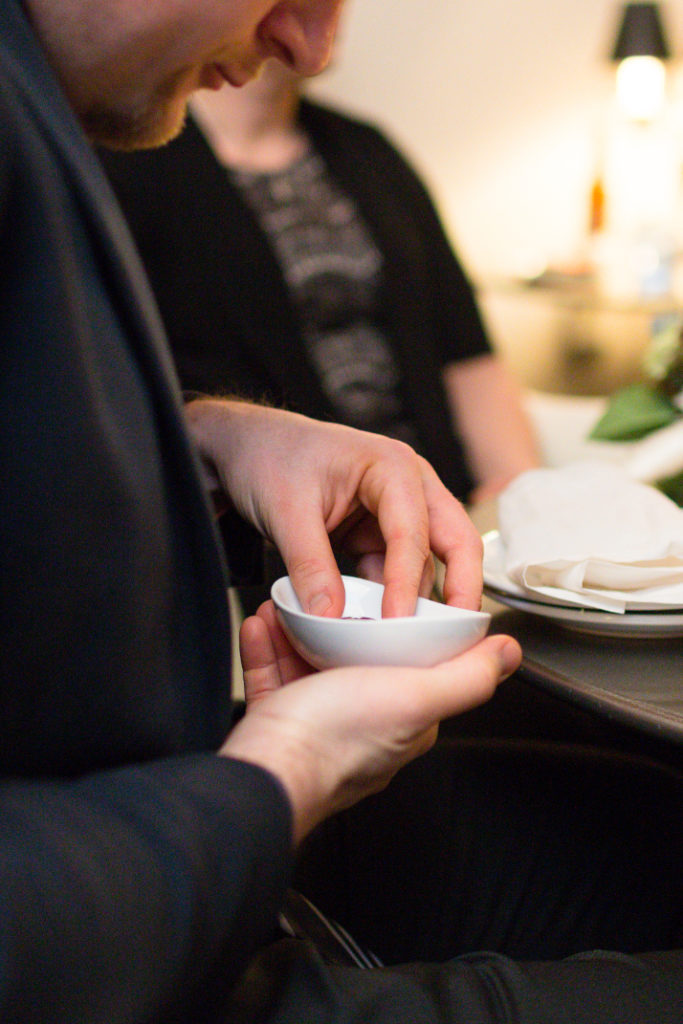
A wishing pebbles ritual is another possibility. Here, your guests hold small stones (or shells or other keepsake you wish to provide) and under the direction of your celebrant, they imbue the pebble with wishes for your marriage. These stones can be individually gifted to you and the wishes shared during the actual ceremony if there are fewer than approximately 30 guests, or can be collected and shared with you as you greet your guests after the ceremony.
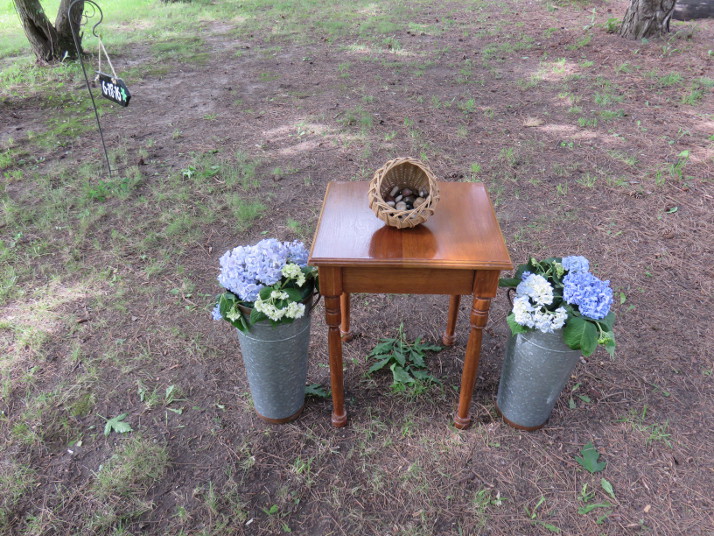
And finally, involving your guests can be as simple as them placing their thumbprint/signature on a poster as they leave the ceremony. This tradition comes from Quaker weddings where all guests sign the wedding certificate. A decorative copy of your vows, or a tree or heart shape can be provided to collect the contributions of your guests and later hung in your home as a reminder of all the special people who shared in your important day.
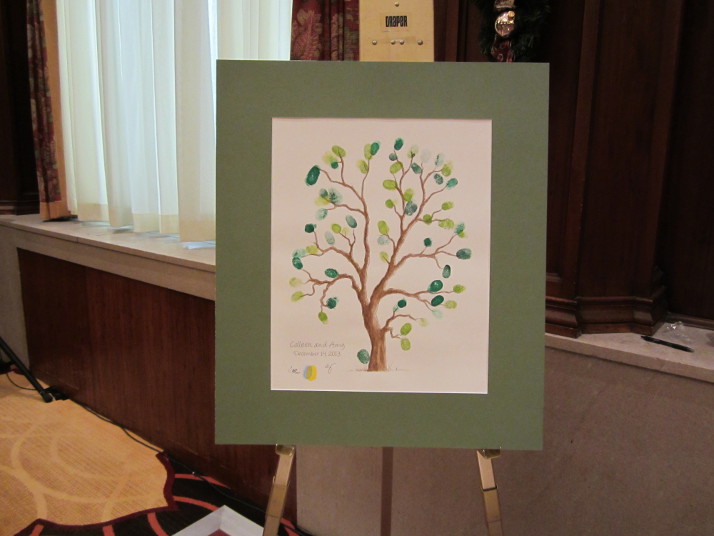
Involving others in your ceremony brings them into your wedding day as active participants, demonstrating their love and support for you. It also offers you the opportunity to honor special people with visible roles. The day is all about you as a couple, but it is also about you as part of a loving community. Make the most of it.

